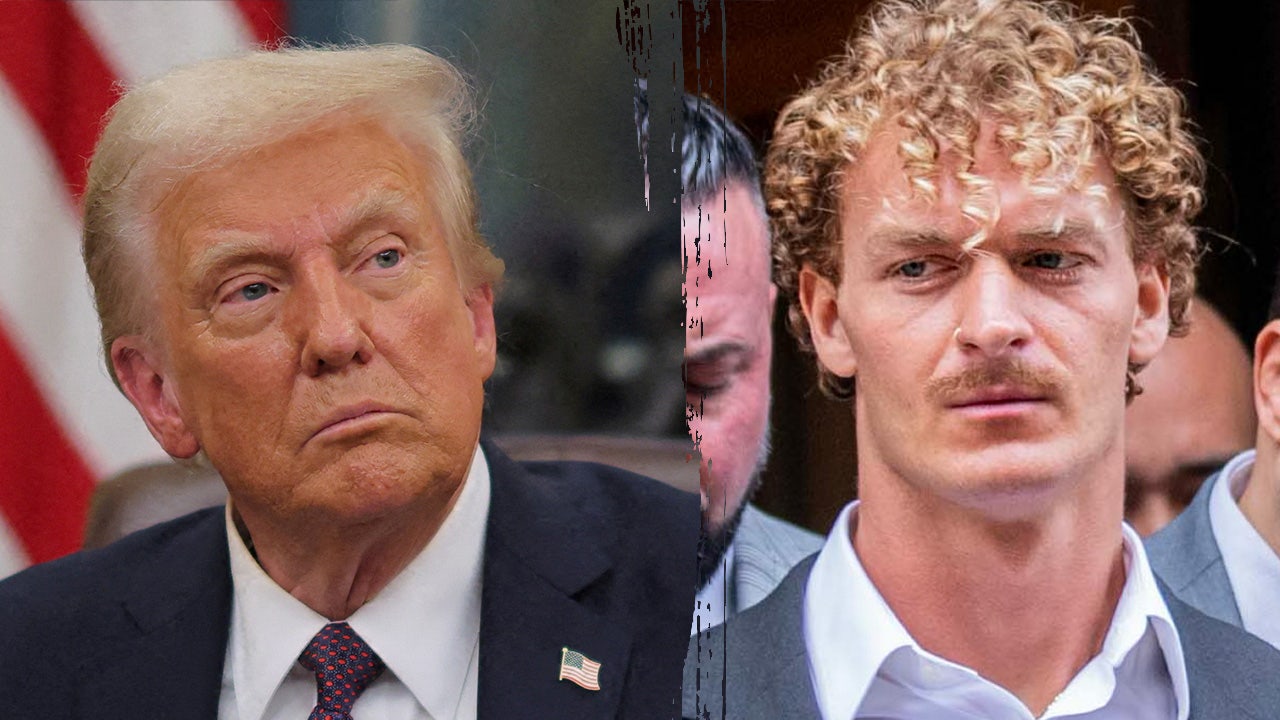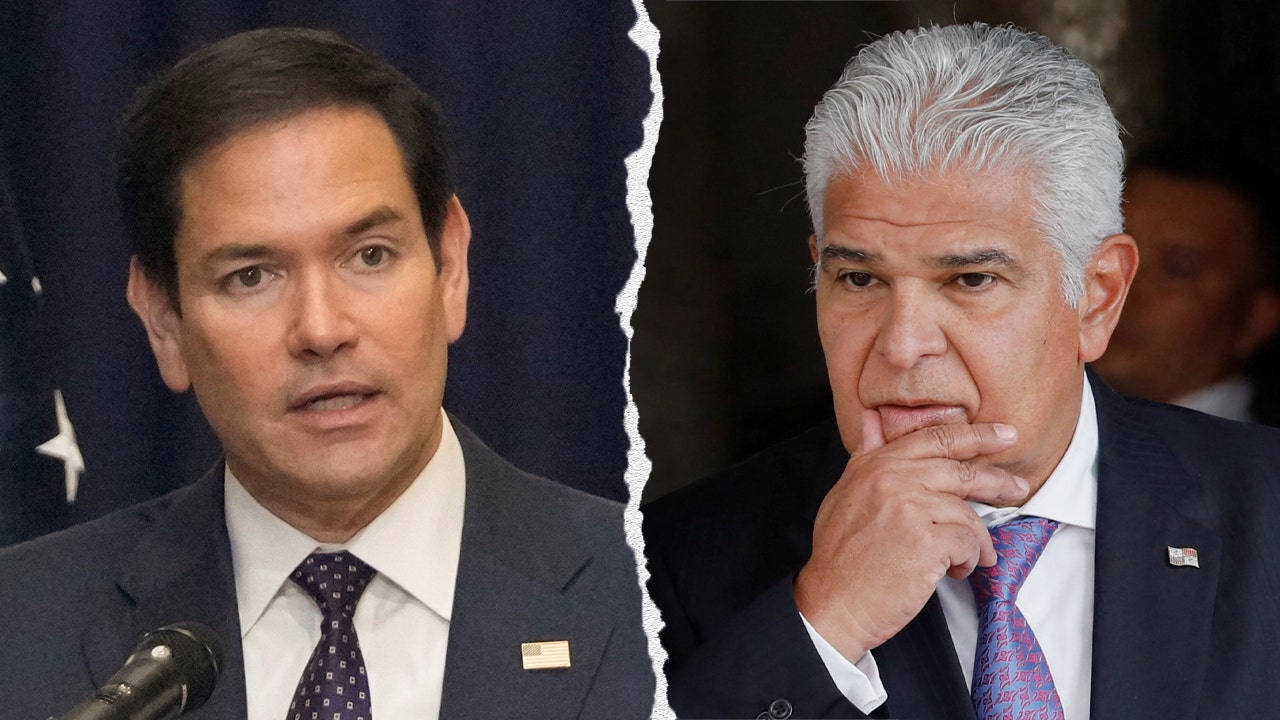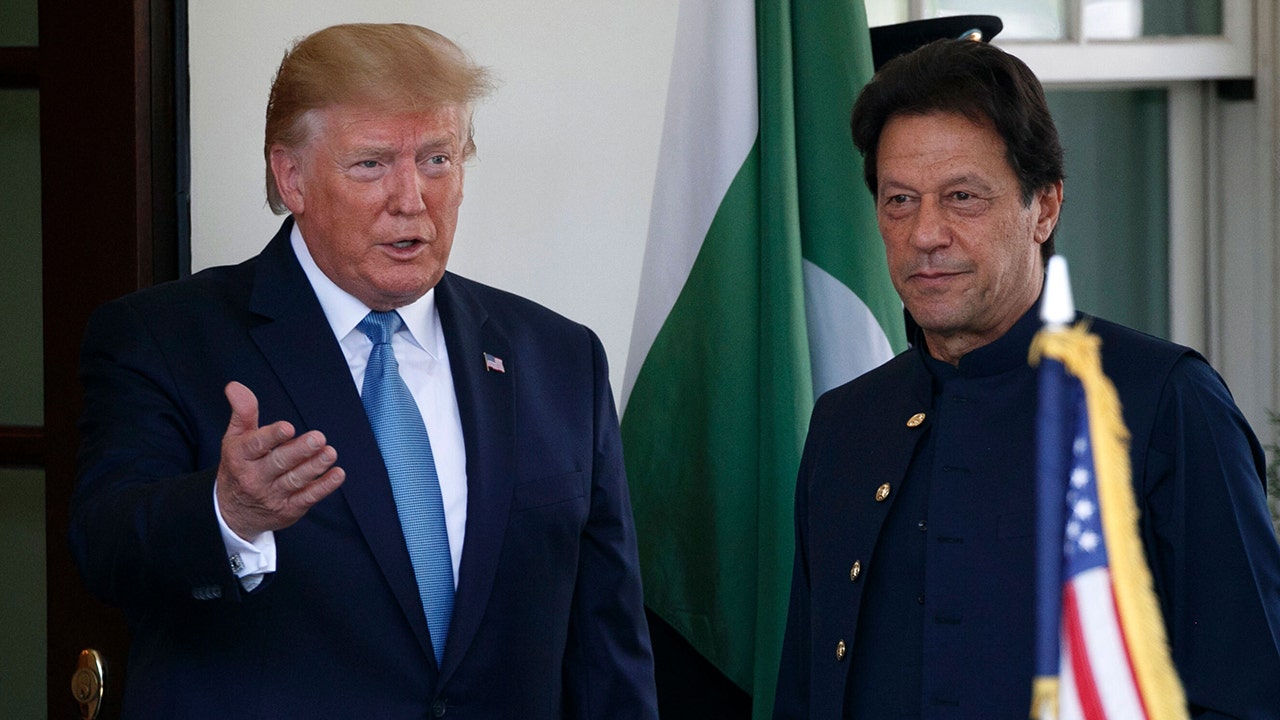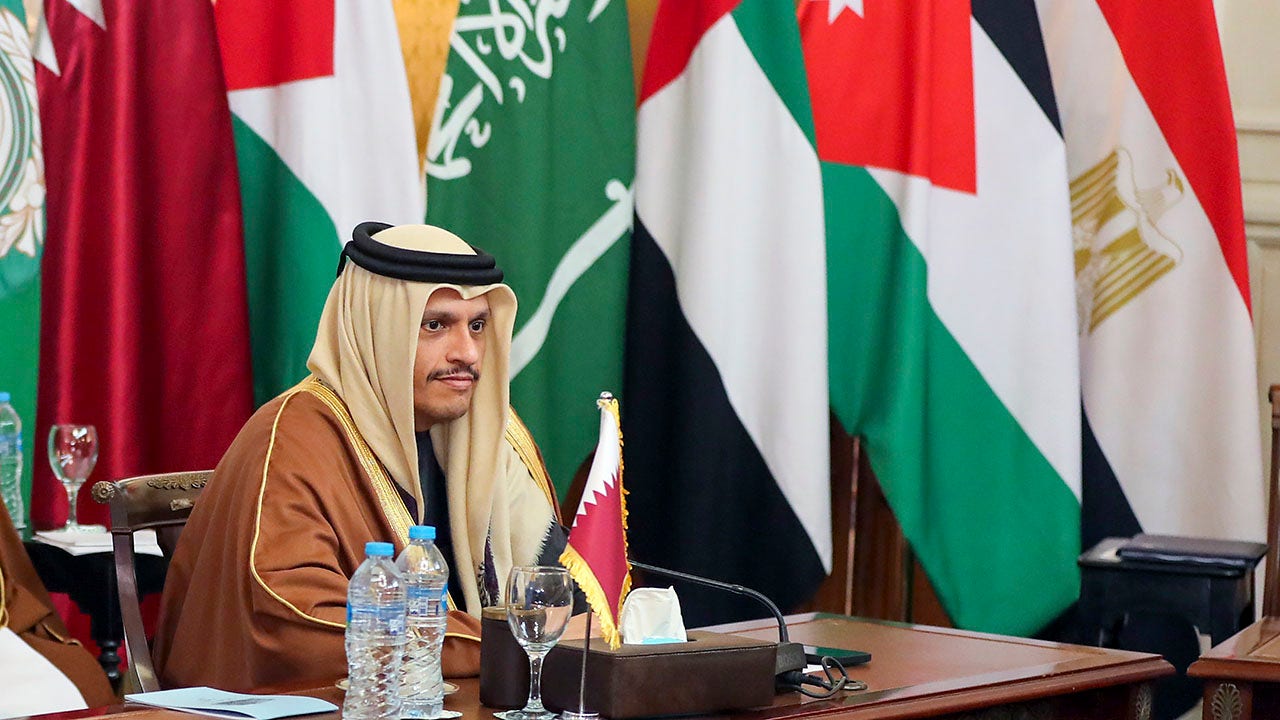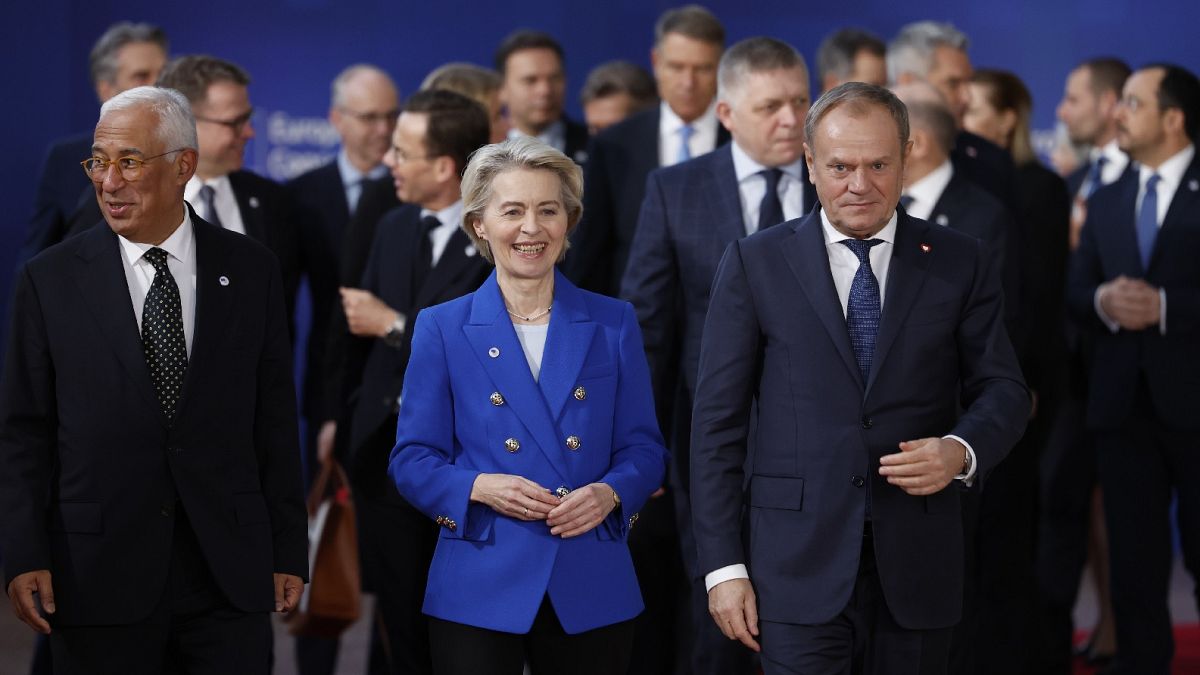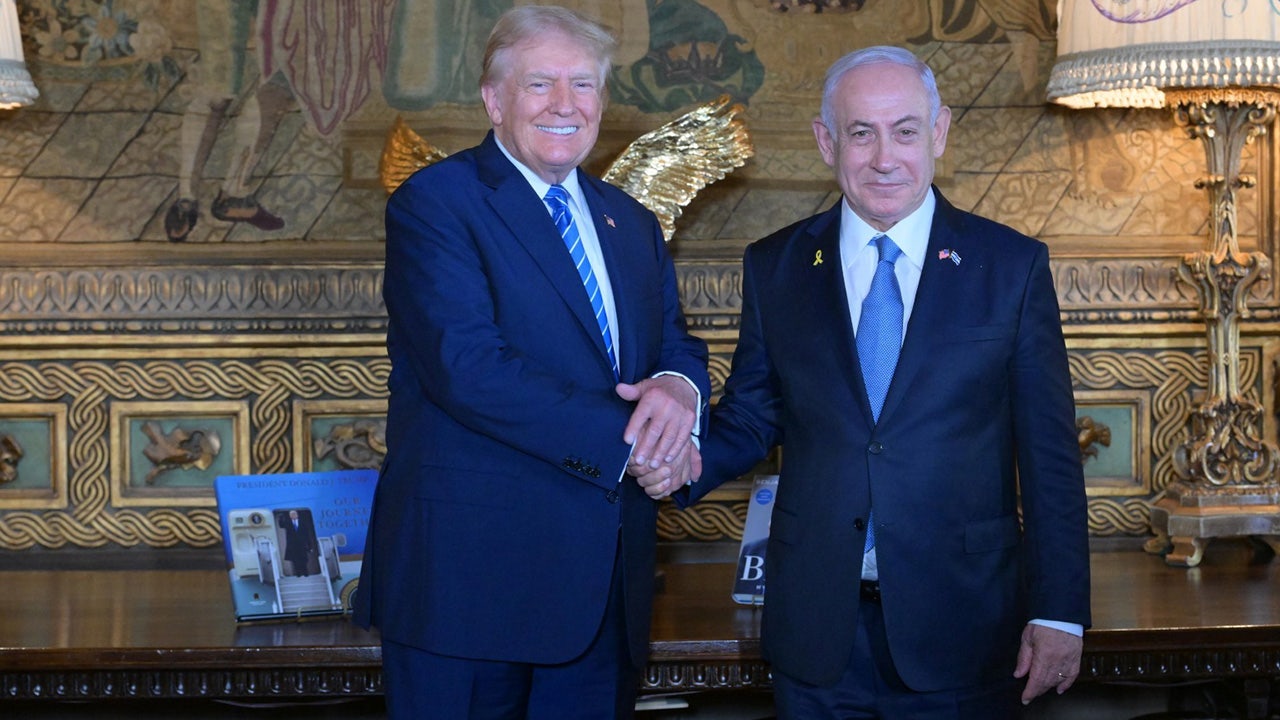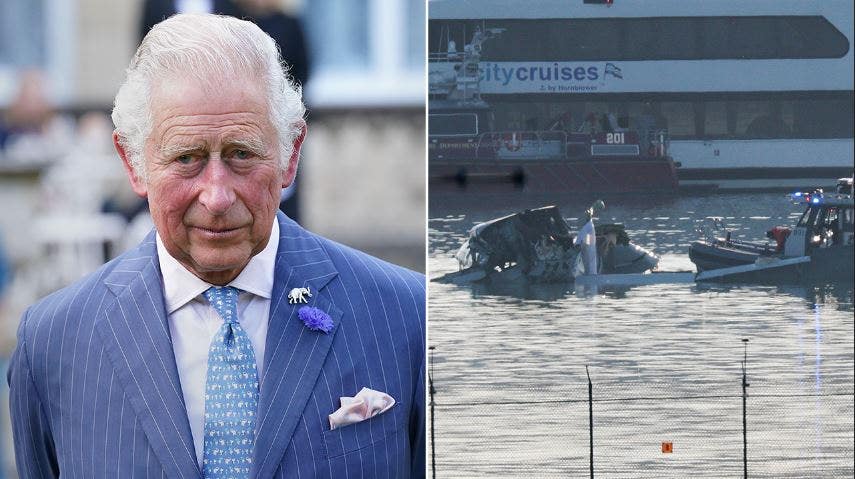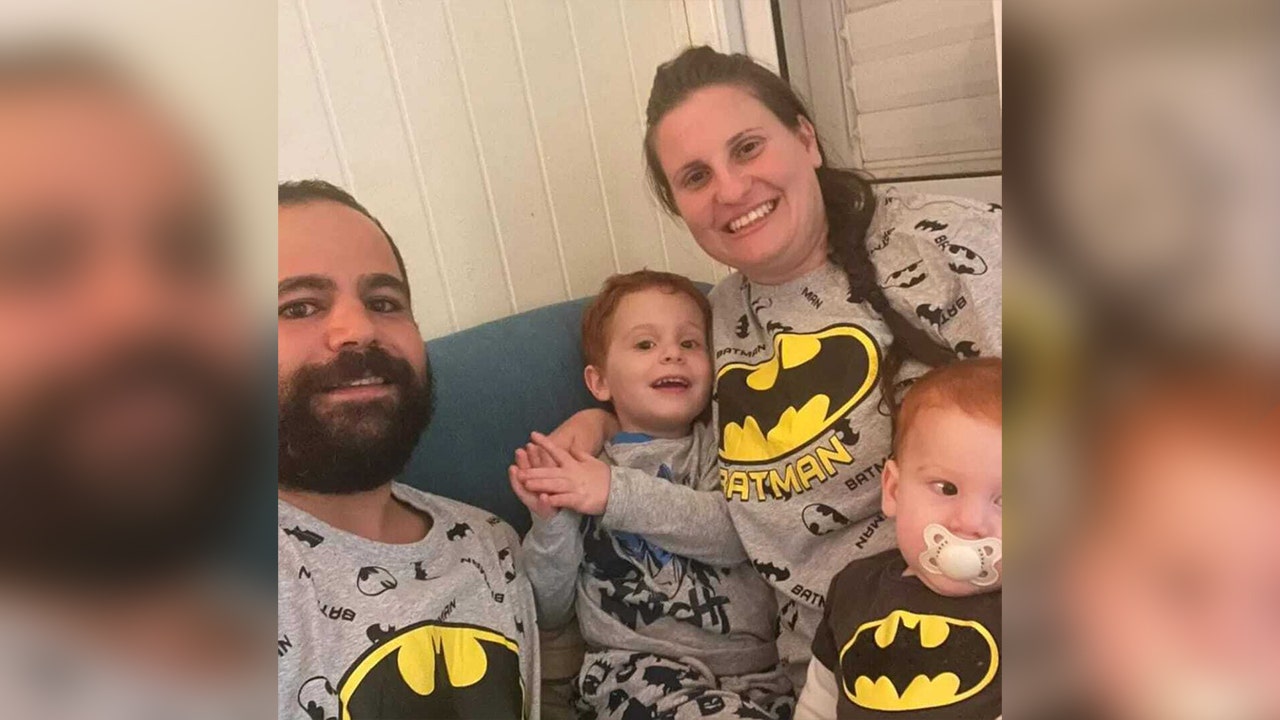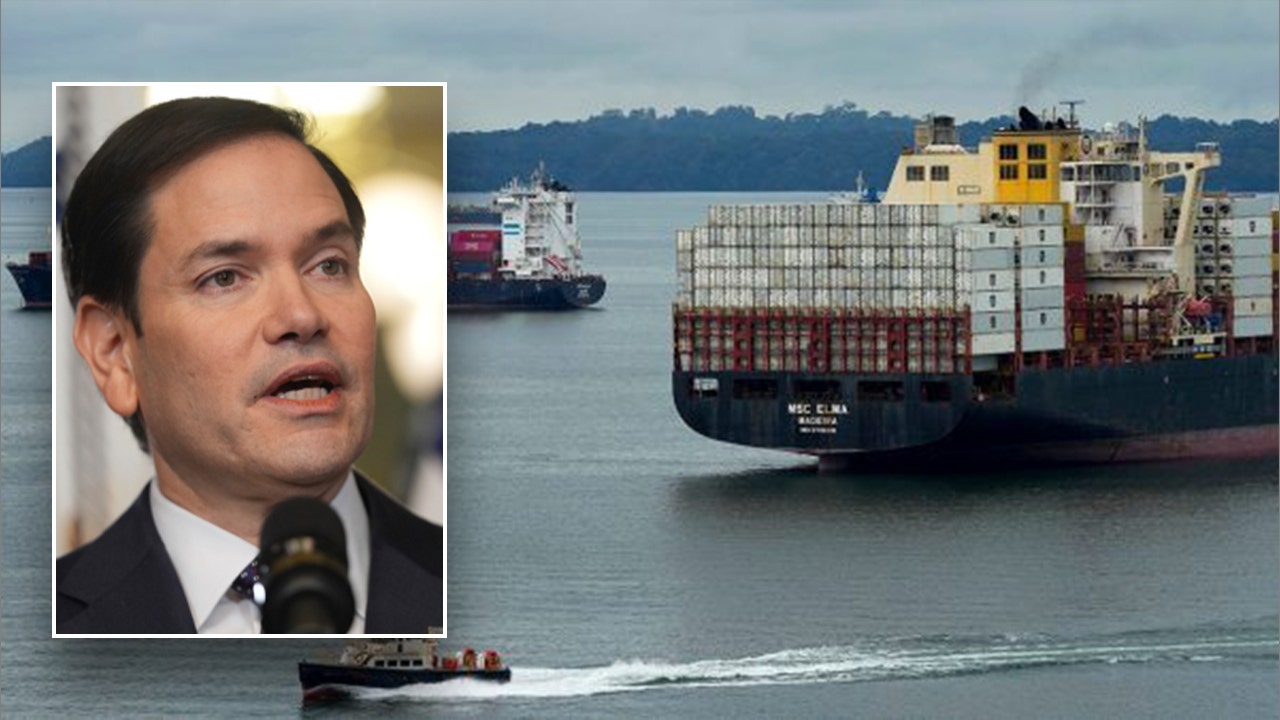This week’s key events presented by Euronews’ senior tech and industry reporter Cynthia Kroet.
Key diary dates
- Monday 3 February:EU leaders’retreat will discuss European defence during an informal meeting at the Palais d’Egmont in Brussels, including Secretary-General of NATO, Mark Rutte, UK Prime Minister Keir Starmer.
- Tuesday 4 February:EU-UK Forum Annual Conference including Trade Commissioner Maroš Šefčovič and UK’s Nick Thomas–Symonds, minister for EU relations.
- Thursday 6 February: Transport Commissioner Apostolos Tzitzikostas delivers keynote address at European Travel Commission and Euronews’ Destination Europe Summit.
In spotlight
It’s almost two months since the mandate of the current European Data Protection Supervisor (EDPS) – the privacy regulator for the EU institutions – expired. Yet there’s still no compromise decision about who should succeed Wojciech Wiewiórowski, who has held the role since 2019.
The decision’s become trickier because the European Parliament and the 27 EU member states favour different candidates for the role, after hearing from four contenders shortlisted by the European Commission earlier this month.
The Parliament’s Civil Liberties, Justice and Home Affairs Committee, LIBE, has voted to appoint Italy’s Bruno Gencarelli, a long-time Commission official working on transatlantic data flows.
The member states, however, want to keep Poland’s Wiewiórowski, a former Polish data protection supervisor, in the role for another five years.
On Wednesday, Parliament’s Conference of Presidents — the President of the European Parliament and the political group chairs – is set to endorse the LIBE decision, after which the institutions will have to find a compromise.
Perhaps the lawmakers will be swayed by the recent call from think tank Centre for AI & Digital Humanism, which was supported by dozens of privacy scholars, not to appoint a candidate coming from within the Commission’s ranks.
Gencarelli, they argue, could put the EDPS’ legitimacy at stake, since he has held managerial roles in the EU executive. Jumping straight into the role of a watchdog keeping guard over his former employer’s compliance with the rules might pose a conflict of interest, according to the think tank.
Policy newsmakers
Compass needles
Presenting the Competitivity Compass last week, Industrial Strategy Commissioner Executive Vice-President Stéphane Séjourné, said the executive was presenting its economic doctrine for the next five years. “It makes Europe more predictable, while maintaining the course of our European model – decarbonised, social and respectful of our values,” he said.
The European Trade Union Confederation (ETUC) declined an invitation for ‘social partners’ to endorse the Compass, however, saying it had not been consulted on the EU executive’s new blueprint for economic growth, and that the plan would “undermine jobs, rights and standards”.“While it’s welcome to have a first step towards a European industrial policy, this first draft needs significant negotiation and revision,” ETUC general secretary Esther Lynch said.
Policy Poll
Data brief
Read the full article here



